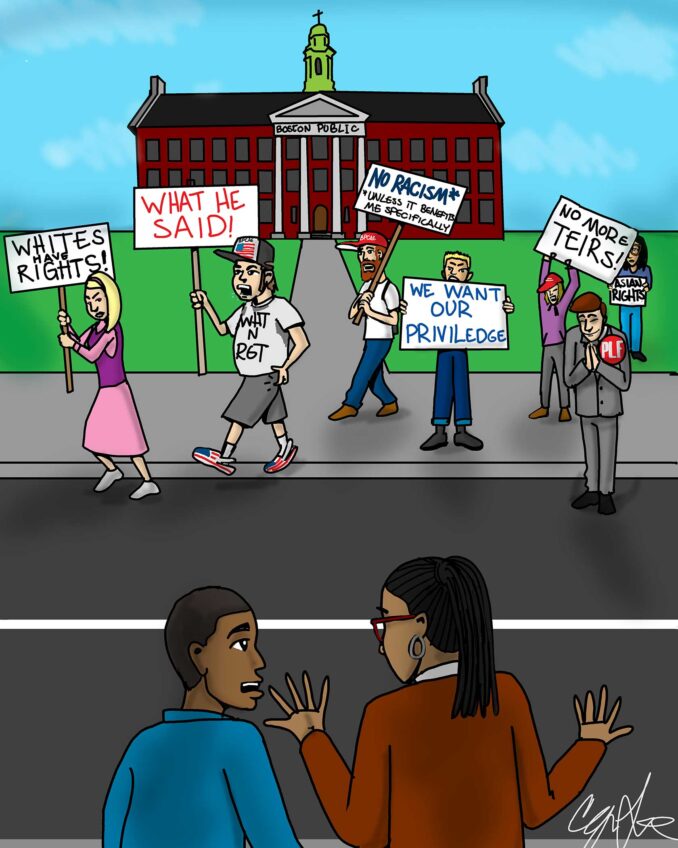Are you being sued in Smalls Claims Court for an old credit card debt by a company you do not recognize? You are not alone. In Massachusetts, 17% of people have a debt in collection, and that number nearly doubles to 31% in communities of color.
What should you do if you are sued? Show up to court. If you do not show up, the court will enter default judgment against you, and you may have to pay 12% interest on it. Judgments are good for 20 years and may negatively affect your credit, making it difficult for you to get housing, a loan or even a job.
If you are receiving disability, Social Security, or other benefits, or if you make less than $712.50 a week in wages, your income is generally exempt from collection. If your income is exempt, that means you legally cannot be forced to pay. Bring your benefits letter to court and ask the attorney who is suing you to dismiss your case. Even if your income is not exempt, if you show up in court, you may be able to negotiate a lower amount or negotiate a settlement agreement to make affordable payments over time. But you should never agree to pay an amount you cannot afford or do not believe you really owe.
The most important advice is to go to court to contest the debt. If your case is in the Small Claims sessions (for cases under $7,000) in Roxbury, Dorchester, BMC Central, East Boston, Charlestown or Chelsea, there are free legal services lawyers who can advise you of your rights, and in some cases, represent you that day at your hearing.
Oftentimes, old credit card debts are bought by big debt-buying companies for pennies on the dollar. They rarely have the proper paperwork to show they can legally collect the debt from you. Also, the amount of money they are seeking may be incorrect. Legal services lawyers can advise you and help represent you at a hearing to challenge the debt collectors’ right to sue you and the amount they say you owe. If you don’t show up to court, you can’t win. If you don’t show up to court, a judgment will be issued against you. Remember, a default judgment will affect your credit and follow you for 20 years.
If you are working and a judgment is issued against you, the debt collectors can try to garnish your wages, which means they can take a portion of your paycheck. If you receive a court notice for what is called a “Supplementary Process” action that means that they are trying to garnish your wages. It is very important to show up to court on the day of the hearing to argue that your wages should not be garnished. Unfortunately, many peoples’ wages are garnished without them first having an opportunity to present their side of the case.
Finally, if collectors are calling you about a debt, know that you have rights. Under state and federal law, debt collectors cannot call you at home more than twice a week about a particular debt. They can call only between the hours of 8 a.m. and 9 p.m. — unless your normal working hours are different, in which case you should tell the collector what your normal waking hours are, and they must respect them. They cannot call you outside of those hours. Also, debt collectors cannot call you at work more than twice a month. You always have the right to tell a debt collector they cannot call you at work. If you write the debt collector and instruct them to stop all contact with you, the collector must stop.
The big debt collectors win almost all of their cases, because consumers do not show up to court to contest the debt they are being sued on. This is big business for the collectors. But consumers have the right to go to court to contest the debt or work out a reasonable settlement.
Know your rights and use them!
Nadine Cohen is managing attorney of the Consumer Rights Unit at Greater Boston Legal Services.






